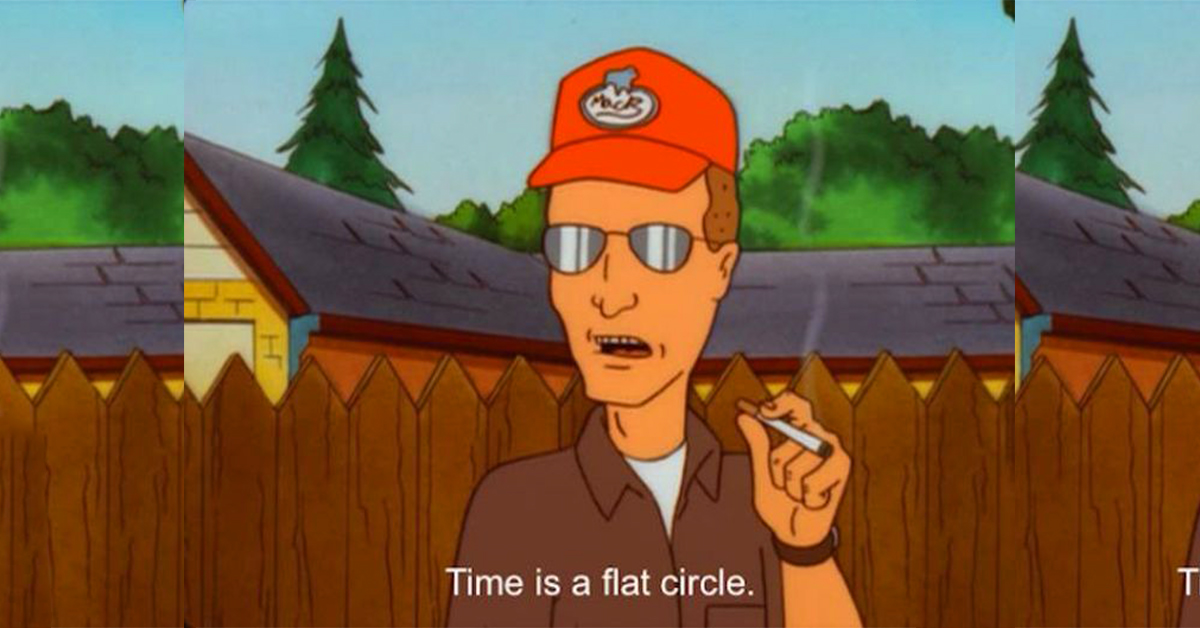A reminder to keep boycotting Kellog’s, Starbucks, McDonald’s and Nestle. :)
I’m familiar with the others, but what the heck did Kellog’s do?
One of the more recent things here.
Their CEO said that people who cannot afford a dinner should be eating cereal for dinner.
His wealth is increasing exponentially every year.
Let them eat Flakes: Kellogg’s CEO says poor families should consider ‘cereal for dinner’
This is the “Paradox of Thrift”:
The paradox states that an increase in autonomous saving leads to a decrease in aggregate demand and thus a decrease in gross output which will in turn lower total saving. The paradox is, narrowly speaking, that total saving may fall because of individuals’ attempts to increase their saving, and, broadly speaking, that increase in saving may be harmful to an economy.[1] The paradox of thrift is an example of the fallacy of composition, the idea that what is true of the parts must always be true of the whole. The narrow claim transparently contradicts the fallacy, and the broad one does so by implication, because while individual thrift is generally averred to be good for the individual, the paradox of thrift holds that collective thrift may be bad for the economy.
the paradox of thrift holds that collective thrift may be bad for the economy.
Collective thrift is great for the economy. It’s just bad for corporate parasitism, economic stagnation, and cataclysmic wealth imbalance.
It renders parasitic business models as unviable and allows for the rebalancing of resources and development capital towards products that provide actual meaningful value for the vast majority of people.
No, it’s bad. It creates a deflationary spiral that kills all kinds of businesses. Japan’s economy has been fucked for decades by low growth because of deflation.
If people don’t spend money, companies fire workers. Then people spend less money because they have no jobs. So companies fire even more workers. Thrift is bad in aggregate.
I like to remind people that the last time we had a really bad deflationary recession, it was so bad that we called it a “depression”…
The major difference between that and what Japan is experiencing is that The Great Depression was cause by inflationary causes, not deflation, and the US government printing more money wasn’t going to help there. Meanwhile Japan has been printing boatloads of money for decades trying to trigger inflation, and are barely managing to stave off deflation.
The other major difference is that during The Great Depression, US couples were having children. Japan has been in a population Freefall the entire time.





